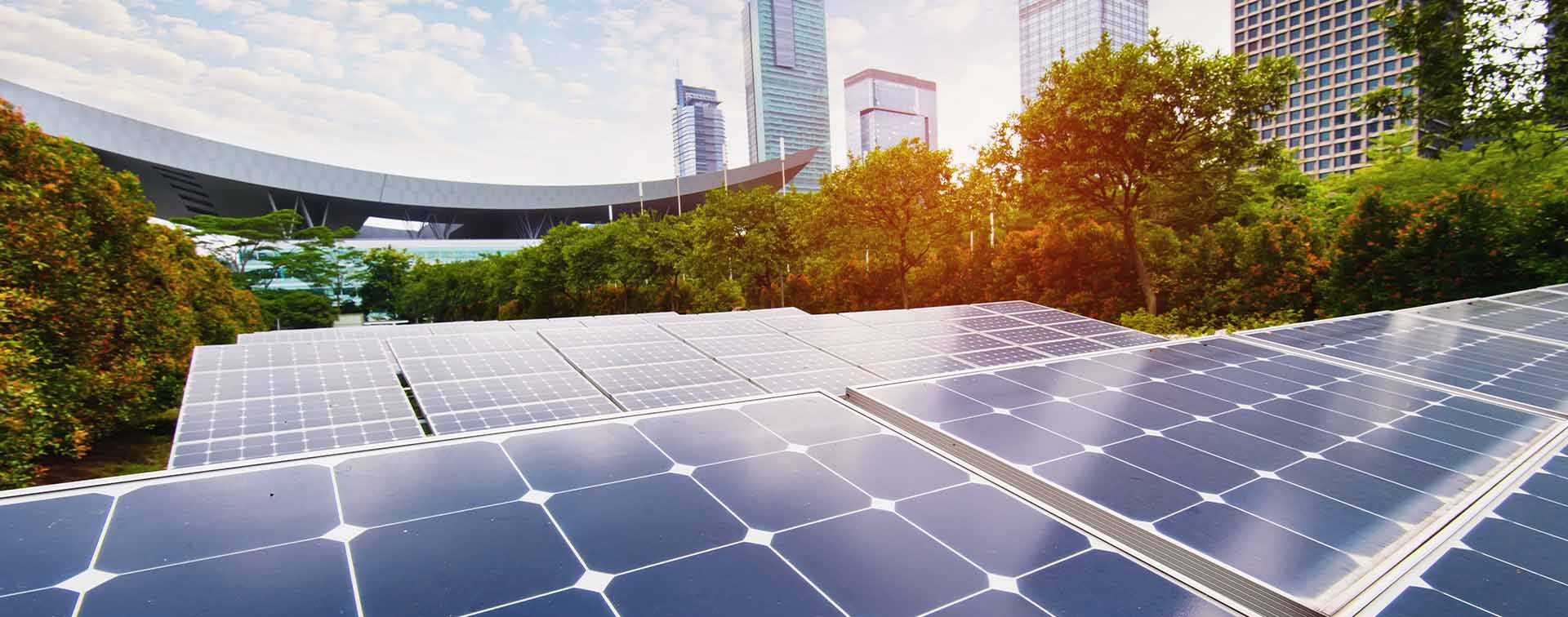
Dr. Juerg Steffen is CEO of Henley & Partners and author of definitive books on high-net-worth relocation to Austria and Switzerland.
Climate change is our sobering new reality, with extreme weather events increasing in frequency across the globe. These catastrophes are both warnings and metaphors: climate change is upon us, and the infrastructure of the past — even the present — is no longer fit for purpose. The countries and cities that are most resilient to climate change will attract global talent and investors in search of ‘climate havens’ that have prepared for what lies ahead. As our Investment Migration Climate Resilience Index reveals, many residence and citizenship by investment programs provide a mechanism for access to more resilient places.
In April, unprecedented floods in KwaZulu-Natal in South Africa led to the tragic loss of hundreds of lives as homes, temples, roads, and bridges were washed away. Similarly, late last year, a newly built bridge in Madhya Pradesh in India — part of Prime Minister Narendra Modi’s rural road network scheme — collapsed as the river below it swelled with unusually heavy rains. The 150-meter bridge was about to have its official inauguration. Instead, it was rendered functionless before completion. Coastal megacities such as Mumbai face the combined threat of rising sea levels and extreme weather events, such as the unprecedented heatwave both India and Pakistan are currently suffering, which is exacerbating energy shortages.
Meanwhile, some regions previously thought of as relatively ‘climate safe’ are having to reconsider such claims. For example, the Pacific Northwest in North America, where a record-breaking heatwave last year burnt the usually temperate town of Lytton in Canada to the ground. Even in the USA, which is the top-ranking country in the Investment Migration Climate Resilience Index, a 2021 survey of 2,000 US residents found that around half of the respondents who planned to move in the next year were motivated in part by extreme temperatures or the increasing frequency and intensity of natural disasters.

The mounting impacts of climate change will continue to be massive drivers of human migration for the foreseeable future, which raises a crucial question: Where are the optimal places to relocate to, or invest and grow your business in, if you want to lower your risk when it comes to the impact of climate disasters?
Developing economies are most likely to be impacted by global warming. It’s an established fact that Sub-Saharan Africa has contributed the least to global warming, yet Africa will suffer the most devastating impacts of climate change. According to research by asset management firm Schroders, many developing countries have naturally warmer climates than those in the developed world and they also rely more heavily on climate sensitive sectors such as agriculture, forestry, and tourism. The effects of climate change will not be uniformly distributed across the globe and there are likely to be climate winners and climate losers.
Because of these imbalances, the distribution of the world’s population will inevitably be reorganized as the climate crisis deepens and in many cases those in vulnerable countries will have no choice but to migrate to places that are better resourced and less vulnerable. The harsh reality is that only 38 of the 180 countries in our climate resilience country study fall within the medium/higher resilience bands, with climate resilience scores above 45 out of 100. Of these, 15 host reputable investment migration programs. The remaining 142 countries fall in the lower resilience band, scoring below 45 in climate resilience.
The top 15 investment migration countries presented in this index provide a mechanism for global investors who aim to prepare for the future by improving their climate resilience by securing residence and/or citizenship rights for their families and their descendants in countries that are better prepared for climate change or more inhabitable than their countries of birth.
There are strong arguments that no country is immune to the effects of climate change. The bottom line is that everywhere will be impacted to a certain extent. But the countries and cities that proactively organize themselves by preparing for what lies ahead are the ones to look out for.
In higher resilience countries such as the USA, some cities are already actively marketing themselves as “climate havens” for climate refugees. The mayor of Buffalo in New York State, for example, has stated publicly, “Based on scientific research, we know that Buffalo will be a climate refuge city.” In Ohio, Cincinnati’s 2018 green plan had the title ‘Climate Haven’ and suggested that the city “leverage climate resilience to attract new business and residents”. In late April, the New Zealand government released plans to prepare for the catastrophic effects of the climate crisis: sea level rise, floods, massive storms, and wildfires.
Many cities in the developing world are getting organized with impressive climate resilience plans. Notoriously flood-prone Mumbai has earmarked INR 3 billion (USD 41 million) to build underground stormwater tanks to help mitigate future flooding. With the right plans, the climate-stressed cities of today may not be the ‘climate losers’ some predict in future, but global investors are advised to cover all their bases.
The outlook is seemingly bleak, but the severity of climate change and our ability to prepare for and manage its impact also remains within our hands at a national and an individual level. Global cooperation to mitigate the effects of climate change is also key. Decarbonizing the world’s energy supply through a rapid transition to renewable energy will reduce the risks of climate change. This has recently been accelerated by Russia’s invasion of Ukraine, with Europe looking to curtail its reliance on Russian natural gas, which accounted for about 40% of the bloc’s consumption in 2021.
High-net-worth individuals, businesses, and governments who back green energy, promote innovation, and commit to abandoning fossil fuels still have the power to influence the climate positively both at home and abroad. But in the interim, just as the best prepared cities and countries are likely to succeed, so too will the best prepared families, and investment migration is arguably one of the best ways in which you can prepare for an uncertain future.